|
Buddhist monasticism is flexible. Although it is correct to assume that it is usually necessary for an individual to undergo a period of isolatory training (to establish and stabilise the realisation of the void) - it is also true that compassionate (Bodhisattva) activity must also be pursued throughout the myriad conditions that define worldly existence. This is true of all Buddhist traditions - as even the Bhikkhus of the Theravada School must "walk" (in a self-aware manner) through the surrounding (lay) villages - begging for food on a daily basis. Living a hermitic or cloistered existence is a means to an end and not an end in itself. Of course, this period may be repeated more than once and last any length of time. When entering different situations - the Bodhisattva does not lose sight of the realised void regardless of the external conditions experienced. The Sixth Patriarch (Hui Neng) spent around 15 years living with bandits and barbarians in the hills - retaining a vegetarian diet - even though he was not yet formally ordained in the Sangha. Within China, the Mahayana Bhikshu must take the hundreds of Vinaya Discipline Vows as well as the parallel Bodhisattva Vows (the former requires complete celibacy whilst the latter requires moral discipline but not celibacy). Anyone can be a "Bodhisattva" - whilst a formal Buddhist monastic must adhere to the discipline of the Vinaya Discipline. A lay Buddhist person also adheres to the Vinaya Discipline - but only upholds the first Five, Eight or Ten vows, etc. Vimalakirti is an example of an Enlightened Layperson whose wisdom was complete and superior to those who were still wrapped in robes and sat at the foot of a tree. In the Mahasiddhi stories preserved within the Tanrayana tradition - the realisation of the empty mind ground (or all-embracing void) renders the dichotomy between "ordained" and "laity" redundant. The Chinese-language Vinaya Discipline contains a clause which allows, under certain conditions, for an individual to self-perform an "Emergency" ordination. This is the case if the individual lives in isolation and has no access to the ordained Sangha or any other Buddhist Masters, etc. The idea is that should such expertise become available - then the ordination should be made official. However, the Vinaya Disciple in China states that a member of the ordained Sangha is defined in two-ways: 1) An individual who has taken both the Vinaya and Bodhisattva Vows - and has successfully completed all the required training therein. 2) Anyone who has realised "emptiness". Of course, in China all Buddhists - whether lay or ordained - are members of the (general) Sangha. The (general) Sangha, however, is led by the "ordained" Sangha. As lay-people (men, women, and children) can realise "emptiness" (enlightenment) - such an acommplished individual transitions (regardless of circustance) into the "ordained" Sangha. This is true even if such a person has never taken the Vinaya or Bodhisattva Vows - regardless of their lifestyle or position within society. Such an individual can be given a special permission to wear a robe in their daily lives - but these individuals do not have to agree with this. Realising "emptiness" is the key to this transformative process. Emptiness can be realised during seated meditation, during physical labour (or exercise), or during an enlightened dialogue with a Master. The first level is the "emptiness" realised when the mind is first "stilled". This "emptiness" is limited to just the interior of the head - but the ridge-pole of habitual ignorance has been permanently broken (this is the enlightenment of the Hinayana) - and is accompanied by a sense of tranquillity and bliss. This situstion (sat atop the hundred-foot pole) must be left behind. Through further training, the "bottom drops out the barrel" - and the perception of the mind expands throughout the ten directions. Emptiness embraces the mind, body, the surrounding environment - and all things within it.
0 Comments
Richard Hunn stated that the Five Ranks of the Caodong School are very sophisticated and quite often difficult to understand. In essence the Caodong Ch’an Method is a condensing of the teachings found within the Lankavatara Sutra. Without possessing a copy of this Sutra (which Bodhidharma brought to China in 520 CE) – the “Method” can be easily learned, preserved, and transmitted by word of mouth and through awe-inspiring deportment (hence the “odd” behaviour of many Ch’an Masters and their Disciples). Within ancient China, perhaps around only 10% of the population could read or write. Such men (normally not women) were almost always Confucian Scholar-Officials (or their students). It is also true that some Ch’an Masters were also Confucian Scholars – as were Master Dong and Master Cao – who founded the Caodong School of Ch’an (the two names are reversed to express a better rhythm within Chinese-language speech patterns). Both these men understood the “Yijing” (Change Classic or “I Ching”) and were conversant in the Trigram and Hexagram ideology. This is why the Five Ranks are premised upon two Trigrams and three Hexagrams. The internal logic of how these lines “move” from one structure into another - is the underlying reasoning that serves as the foundation for the Caodong School. The minutiae of this doctrine is not the purpose of this essay (as I have published a paper on this elsewhere). Within genuine Caodong lineages it is taught that the Caodong Five Ranks can be taught as “Three” levels of realisation or attainment: 1) Guest (Form) – ordinary deluded mind within which the “Void” is not known. (Rank 1) 2) Host (Void) – the “Void” is known to exist and a method is applied to locate and realise its presence. (Rank 2) 3) Host-in-Host (Void-Form Integration) – the “Void” is fully realised, aligned, and integrated with the “Form”. (Rank 3, 4 & 5) The problem with “lists” is that they are often dry and one-dimensional. What does the above explanation mean in practical reality? The following is how this path is explained from the perspective of experiencer: a) When the mind is looked into – all that is seen - is the swirling chaos of delusion (Form). b) By applying the Hua Tou or Gongan Method – this confusion ceases, and an “empty” mind is attained. However, this “emptiness” is not permanent and must be continuously accessed through seated meditation to experience it more fully. Furthermore, even when stabilised – this experience of “emptiness” is limited only to the inside of the head. This is “Relative” enlightenment that should not be mistaken for “Full” enlightenment. Despite its limitation, nevertheless, such a realised state is far beyond the ordinary. c) When the “empty” mind naturally “expands” it encompass and reflects the physical body and all things within environment (the “Mirror Samadhi”). This is the attainment of “Full” enlightenment - and the realisation of the “turning about” as described in the Lankavatara Sutra. Although no further karma is produced and given that a great amount of past karma has been dissolved, the very presence of a living physical body still attracts karmic debts that may need paying. Further training is required to clear the surface mind of residual “klesa” (delusion) and to purify behavioural responses. Traditionally, the Chinese Ch’an Master refused to speak about the post-enlightenment position.
Dear B As far as I am aware, Master Xu Yun had studied the Yijing as a child (and youth) under the strict supervision of the numerous tutors that his (Scholar-Official) father traversed through the household. This was in preparation for Xu Yun to take the 'Scholar-Official' Government Examination - which required the rote learning of the Four Books and the Five Classics - and the meticulous replication (word for word) of required sections of each text. A good Scholar-Official must demonstrate how he would deal with each real-world incident by referring to a precise and exact extract of whichever divine-text was relevant to the situation. There could be NO deviation from this ancient (and 'perfect') process if a candidate was to be successful. Remember, tens of thousands applied - and only the low-hundreds would be 'Passed' - according to governmental needs (which meant thousands who had 'Passed' would be 'Failed' as no posts existed for them to be allocated toward). On paper (and in public), Master Xu Yun always distanced himself from Confucian and Daoist Texts (the Yijing in China is considered a 'Confucian' Text). This is to be expected from a man who betrayed the will of his father and instead embraced the Path (Dharma) of the Buddha - a religion that even today is considered 'foreign' in China. To be successful on this path - Xu Yun had to completely abandon what appeared to be the worldly path as defined by Chinese convention. Therefore, the (Indian) Vinaya Discipline took the place of the Four Books and the Five Classics. If this was the cae, then why did Xu Yun (privately) advise Charles Luk to study the Yijing and integrate it with the Ch'an Path? In the UK - Richard Hunn (my primary teacher) was considered the most prominent 'Master' of the Yijing - as he could read the original (and ancient) Chinese ideograms and even lectured about this Text to ethnic Chinese students attending University in Great Britain in Putonghua! For our Ch'an (Caodong) Lineage (Master Xu Yun inherited and transmitted all Five Houses of Ch'an - but in his private transmission he only favoured the 'Caodong') - the Yijing is a pivotal and yet 'hidden' Text. Remember, the Caodong Masters were also experts in the study of the Yijing - and they used trigrams and hexagrams to devise the Five Ranks System. Xu Yun was the opinion that it is only through the study of the Yijing that the Caodong methodology can be truly understood. In this regard, John Blofeld was never privy to this advanced knowledge. If he met Xu Yun - it was merely for a few minutes where Blofeld (by his own admission) spouted nonsense. Of Course, I salute your efforts and you must never be afraid (as I know you are not) to pull the whiskers of the tiger! With Metta Adrian
There is a significant difference between the falling into the state of ‘dull’ nothingness (as warned against by Master Xu Yun) and the realisation of genuine ‘emptiness’ within traditional Chinese Ch’an training. The difference must be properly understood if progression is to be made. a) ‘Nothingness’ (Pali 'Akincanna’) - or ‘No-Something-Ness' - is the falling into ‘dull’ nothingness often mistaken as the realisation of genuine ‘emptiness’ and ‘enlightenment’ - which is still ‘post-thought’ in manifestation. b) The realisation of genuine ‘Emptiness’ (Pali ‘Sunnata’) or relative enlightenment is ‘pre-thought’ - as the empty mind ground is what is perceived when no thoughts arise. What does this mean? Dull nothingness (akincanna) is a thought form with a non-descript content. In other words, a thought is generated which is defined by the usual boundaries and parameters that constitute the average structured ‘thought’ form - but the meditator misunderstands this ‘non-descript’ content and mistakenly grasps it as being the empty mind ground. The trap here is that a manifest ‘thought’ (and stream of thought) is masquerading as the psychic fabric from which all structured thought arises – and which pre-exists all thought. This state is mistaken as complete and perfect enlightenment and those trapped within it start misleading others down the wrong path. By way of contrast, the state of genuine ‘emptiness’ (sunnata) is realised when all thought generation ‘ceases’ at its source – and the empty mind ground manifests and becomes apparent as its presence is no longer obscured by the continuous stream of thought which normally traverses the surface mind. No thoughts arise whatsoever and so the empty mind ground becomes perceivable. As there is a sense of ‘constriction’ - this genuine state of ‘emptiness’ realisation is termed ‘Sitting atop a hundred-foot pole’ (which is symbolic of Hinayana enlightenment), as it is accompanied by a sense of ‘peace’ and ‘tranquillity’ - but a further stage of training is required.
Dear Gee
What is interesting is that after decades of effective inner and outer martial arts practice, I have arrived at a profound 'stable' state of mind, body and spirit (whatever that is). This journey has traversed many inner and outer levels or states of being. Mostly, this has included a logical approach to physical training motivated by 'doubt' a) in the process itself, and b) in my ability to keep-up the practice or c) to carry-out the prescribed practice correctly. This 'doubt' was inward whilst the physical 'outer' Chinese martial arts techniques were superb and highly effective. This 'doubt' (which ceased to function about 14-years-ago in c. 2007) acted like a force of magnetism drawing my 'uncertain' inner-being toward to the solid and stable outer-structure of the martial arts techniques and how they might be used in self-defence (function) and mind and body health and fitness (longevity). There is now a great awareness. A great all-embracing sense of psychological being that appears to be united with mind, body and environment. This unity I term 'spiritual' because all this seems 'transcendent'. Of course, whilst being driven on by the inner doubt to practice physical martial arts (as a form of 'armouring' against external attack), I also committed myself to intense Ch'an meditative practice as a means to 'uproot' this doubt which all motivating throughout my entire life to 'take action' in many different arenas - it also contained an element of 'weakness'. As I interpreted this 'weaknesses' as a major problem that a) held me back in a state of fearful 'non-action', or b) sabotaged physical actions so as to render all exertion completely pointless! The mind 'cleared' and 'expanded' - it became all-embracing so that the body stopped appearing to be 'outside' of it and took its place entirely within psychological awareness. Although I had my initial experiences of the realisation of a 'still' and 'empty' mind with its awareness expanding and embracing all things around 1990 - it took another 15-years for this experience to settle-down (2005), and about another two or three years for all vestiges of 'doubt' to completely dissolve (2007/8). What did happen around 1990, however, is that my physical use of outer Chinese martial arts technique deepened, expanded and matured, and since the time of 'teaching' in my own right (as opposed to 'training' under a teacher) - I have never lost a fight in the training hall. (Around a year before this experience, I was following a strict Chinese (Mahayana) Buddhist 'monastic' regime and sitting in meditation for hours a day practicing the hua tou 'Who is hearing?' Suddenly, whilst sitting in my 'cell' and without warning, my mind 'ceased to move' becomingly utterly and completely 'still'. This was accompanied by deep sense of permanent ecstasy! My Chinese teachers correctly taught me with 'silence' - whilst my Western teacher Richard Hunn (1949-2006) - my Western Ch'an teacher - correctly taught me with words! Ironically, he drew my attention to the authentic Chinese Ch'an texts. 'Neither be attached to the (realised) inner void - nor hindered by (the 'external') hindering phenomena'. It was deep within the 'silence' of my Chinese Ch'an Masters (including Chan Tin Sang [1924-1993] that I discovered the poignant meaning of Richard Hunn's spiritually 'vibrant' words. This is how I knew that Richard Hunn was correct in his understanding. Later, this dual instruction [into non-duality] led to the next shift in perspective This occurred a year later after a further period of intense practice, and was a product of a complete change or 'turning about' [see the 'Lankavatara Sutra'] at the deepest essence of the mind. It was such a profound and important 'first principle' that I nearly omitted it from the list of all the important events! I was once meditating sat on the ground outside 'returning' all sensory data 'back to its 'empty ground' essence - when a cool and refreshing Summer's freeze blew gently across my face. Suddenly, my mind instantaneously 'turned the right way around' immediately abandoning its previous 'inverted' functionality and appeared to 'expand', assume an 'all-embracing' position of being, whilst this 'new awareness' thoroughly permeated the physical-body and penetrated the physical universe throughout the past, present, and future! This permanent shift in psychological and physical manifestation changed 'me' from the DNA-chemical foundation upward and influenced all the views and opinions I now hold!) This includes not only transforming the experience of sparring with students (which is now unified experience premised upon wisdom, loving kindness and compassion) - but also manifested within the otherwise 'brutal' realm of 'honour fights' whereby unknown and unfamiliar individuals suddenly turn-up at my training hall and (disrespectfully) ask to spar! They wish to gain fame and fortune through 'out of control' violence which involves (for them) the 'beating' and 'exposing' a local (Chinese) gongfu teacher! How did this happen? I think whereas my opponents were still motivated by a deep and profound sense of 'doubt' (often involving a profound 'self-hatred') - I no longer experienced this 'doubt' which 'divides' human-beings during combat. Doubt by this time in my life had become nothing more than a profound sense of enhanced 'awareness' full of compassion and understanding. This is all held in place by a physical (martial) ability that can use 'gentleness' just as easily as 'harshness' to 'control' or 'regulate' physical interactions. Signed: Adrian Chan-Wyles [陳恒豫 - Chan Heng Yu] (22.11.2021) - '釋大道' (Shi Da Dao) Witnessed and Authenticated by Yau, Gee-Cheuk [邱芷芍] (22.11.2021) - 'Gee Wyles' - Wife of Adrian Chan-Wyles Master Xu Yun (1840-1959) was adamant that everyone follows the Vinaya Discipline. Of course, although the Buddhist monastics have to follow all the hundreds of rules – the laity have to follow fewer (minus the ‘celibacy’) rules – but those that are followed are still ‘Vinaya’ rules. This is as well as the Bodhisattva Vows - which monastics and laity generally follow (as they do not demand ‘celibacy’). Therefore, a firm ‘moral’ (Sila) base is established that limits bodily movements and assist in the ‘stilling’ of the mind. Buddhist morality advocates psychological and moral ‘non-attachment' to worldly sensation. This in-turn prevents a stimulation of the mind that generates and encourages greed, hatred and delusion. With the three-taints ‘cut-off’ - the practitioner can effectively focus all their efforts upon looking within and realising the empty mind ground. Furthermore, there is a belief within Buddhist culture that by following a morally pure existence an individual guarantees a good rebirth either as a human-being or in one of the divine ‘heavens’ reserved for people who have acquired very good karma but who are not yet enlightenment. Taking this model into account, a devout ‘Buddhist’ guarantees a future rebirth free of the suffering generally associated with the lower realms of demi-gods, spirits and hungry ghosts, etc. Simply following moral rules, however, does not guarantee enlightenment even if it does generate a morally pure behaviour and conduct. Unless a Buddhist practitioner ‘looks’ firmly and carefully into the interior of the mind – and perceives the empty mind ground – no mind-development can take place. This means that although following arbitrary rules of conduct creates pure karma – this process in and of itself does not break the practitioner ‘free’ of the ‘samsaric’ cycles within which humanity in trapped. Just as the moral force of good karma eventually runs-out – an individual is then propelled back into the lower realms of existence to start the process all over again. This means that ‘suffering’ is transformed in a number of ways – but is never transcended and overcome. The Buddha’s path requires that the ridge-pole of karmic ignorance is permanently ‘broken’ once and for all, and for this to happen, morally purifying action must be undertaken so that the Buddha’s meditational methods can be fully applied in an efficient manner. If a person immorally behaves in the world and reinforces greed, hatred and delusion, then no amount of meditation will ‘uproot’ the three-taints and ‘clear’ the surface mind. Indeed, in such a situation, meditation in such a situation might well have the effect of strengthening and magnifying the three-taints and making their presence ever more obvious and domineering! Precepts, therefore, only work if the attention of the mind is firmly ‘turned within’ so that the meditator can clearly perceive the underlying reality of the empty mind ground. This is the exercising of the ‘Mind Precept’ as taught by Master Xu Yun and which is part of the Caodong Ch’an tradition. This is clearly explained throughout the Vimalakirti Nirdesa Sutra whilst never being mentioned by name. Unless the Buddhist method is being firmly applied to the mind – then all the precepts are relegated to ‘karma-purifiers’ and lose their enlightening function as ‘mind-realisers’. The hua tou and the gongan, for instance, are Ch’an methods for effectively ‘looking within’ - and it is through ‘looking within’ that the ‘Mind Precept’ is established. The empty mind ground is the essence of a) the mind and b) all phenomena. This means that all the hundreds of precepts of the Vinaya Discipline have the empty mind ground as their origination – with the understanding that this can only be known by ‘looking within’ and realising it as being so. By ‘looking within’ - the surface mind is ‘stilled’ and greed, hatred and delusion is fully and permanently ‘uprooted’. The emptiness of the mind eventually expands and becomes ‘all-embracing’ as it envelops all phenomena. This is how the ‘Mind Precept’ underlies all precepts and should serve as the foundation of genuine Buddhist self-discipline.
Knowing when to ‘assert’ and when to ‘give-way’ are important attributes for any spiritual traveller. As human-beings, we can find ourselves in all kind of circumstance as the day unfolds and our life progresses. Much of this will be mundane, but occasionally reality will take a shocking turn for the worst! No one saw the Covid19 pandemic arriving and virtually everyone was taken by surprise – despite numerous horror films over the years expressing narratives involving dystopic futures on a planet ravished by some type of illness, plague or other torturous device! Usually, such story-lines involve society collapsing back into an armed feudalism where brutality is the order of the day. Only the strong survive by preying on the weak. Of course, due to poverty and asymmetric economic development around the world, many people already live in these hellish conditions. I would add that even within the so-called ‘civilised’ areas of the world – killing and barbarity still exists – although it is hidden to a far greater extent (like a bad dream that people would rather forget). Most people grow-up in the world learning to survive. Indeed, this is a crucial and necessary skill. It is not the skill of the huntsman or gathering skills of the scavenger – but rather the ability to navigate the character and personality of our fellow human-beings. Children can be cruel and adults can be deceptive – for many these observations are facts of life. This imbalance in the inner and outer environment must be dealt with in one way or another. Ch’an is not an easy undertaking because it requires a devoted self-effort to take on our own inner world before we set about attempting to make changes in our outer worlds. Many will attack and ridicule any attempt at self-discipline – but for the world to be a better place – self-discipline is exactly what is required. Looking within with clarity and steadfastness eventually develops to looking without with wisdom and knowledge! Our personal circumstance can vary wildly through our lives. Many will experience poverty, homelessness, abuse and all kinds of deprivations – whilst others will experience only affluence and relative well-being, etc. The point is that regardless of the differences that define our outer existence, the empty mind ground is exactly the same for all beings! Master Xu Yun (1840-1959) lived a life continuously ‘gazing’ at the empty mind ground without any deviation whatsoever! More to the point – Master Xu Yun integrated his expedient self (or that which will eventually fall away) with the permanent and ever-present empty mind ground! Regardless of the situation he found himself in, or the circumstances he had to traverse – Master Xu Yun judged human reality not from the ego infected with greed, hatred and delusion – but rather from the pure and clean empty mind ground which underlies all reality and permeates the universe without end! Knowing where to place oneself in the phenomenal world - so as to maximise compassion, wisdom and loving kindness – is exactly possessing the skill of ‘moving’ and remaining ‘still’ in all situations!
The Buddha recognised that all physical bodies are born, exist and then die. This logical observation serves as the foundation of the Buddha’s Teaching. It is an inevitable process that every living-being must experience. An individual will be born, will live their life in any number of ways, and will then pass away through natural (old age) or unnatural (illness, injury or accident, etc) causes. According to the Buddha, the state of an individual’s mind is responsible for the ‘willed’ (volitional) actions performed through the body. The frequency of these decisions can be ‘healing’ and ‘compassionate’ or ‘debilitating’ and ‘horrible’ - it all depends upon the past conditioning (karma) of the individual mind (and body). By permanently ‘stilling’ (and ‘expanding’) the mind, all karmic production is eradicated. This is a moment of karmic purification of mind and body. The ‘ridge-pole of ignorance is destroyed forever’ as the Buddha states in the Dhammapada. This is the experience of nirvana whilst still inhabiting a human-body – and when death arrives the body will ‘fall away’ - revealing the state of experiencing ‘nirvana’ without inhabiting a body. Through adhering to the Vinaya Discipline – this strict regulation of the mind and body in the environment has a beneficial effect with regards to health. This is because every rule is designed by the Buddha to ‘remove’ a particular negative (karmic) trait that causes ‘suffering’ in the mind and body of the individual and which permeates out into the environment if not ‘checked’ through the deployment of purposeful discipline. This is how the Buddha strives to reduce suffering in the mind and body of the individual (and in the world). This process is cemented by emptying the mind of greed, hatred and delusion – whilst directly ‘perceiving’ the empty essence of the perceiving (and ‘non-perceiving’) mind. This is how the Buddha strives to eradicate all ‘illnesses’ (and illness generating ‘delusion’) from the mind, body and environment through the application of a strict discipline. This is why Master Xu Yun (1840-1959) was of the opinion that the Vinaya Discipline is a vital (foundational) element of ALL genuine schools of Buddhism – and refused to follow the example of Japan in ‘abolishing’ the Vinaya Discipline as a guide for monks and nuns. If a person wants to live longer and in a healthier manner – then follow the Vinaya Discipline!
St Anthony (251-356 CE) is considered by many theological commentators as being the founder of Christian monasticism – despite the fact he was not the first Christian hermit – and admits seeking instruction from an old man who lived on the edge of a nearby village. Although being from Egypt – the Catholic Church makes a point of him supposedly being ‘White’ - with ‘Whiteness’ being presented as ‘good’ and ‘Blackness’ (the skin-tone of the average indigenous African) being firmly associated with ‘evil’! (Although to be fair, my Christian colleagues state that ‘Black’ in this context is a ‘figure of speech’ and should not be taken as ‘racial’. My colleague states: ‘See it in the context of Solomon's Song of Songs where bride speaks to her beloved and says "I am black but beautiful''. We are all black before the light of God, God is source of all light, we just reflect to a greater or lesser degree, and it will just be a million shades of black compared to God's light.’ Later, one of the Desert Fathers is described as ‘Black’ and yet considered entirely ‘good’ within Christian texts). Was St Athony the Great ‘European’? He could have been if his parents were the descendants of Greek invaders – and had never mixed with non-Europeans in the six-hundred years since Alexander the Great! St Anthony came from a rich family who seem to have been Christians. After selling all his belongings and giving the money away to the poor, he left mainstream society to live on the periphery of society – rather like a homeless person today – who has been failed by the Bourgeois State and the capitalist system, although in the case of St Antony, the poverty he embraced was a totally voluntary endeavour. It would appear that despite his prosperous background – St Anthony was illiterate and did not read or write (he did not leave any writings of his own – but we know he existed by others writing about his life and teachings). Perhaps his supposed Greek parentage (oddly) did not put too much value in their child learning to read and write – two skills very much at the forefront of Greek civilisation. St Anthony the Great was not a Desert Father in the struct sense, although he is often conflated with these later Christian monastics. He never lived in the desert and so cannot be correctly associated with this practice. Of course, Since around 100 BCE (and perhaps even earlier), the Jewish ‘Essenes’ had been living in the deserts of Palestine and frequenting meditation cells hued from indentations in the rock-face. Living a lifestyle very similar to what the Christian Desert Fathers would adopt – the ‘Essenes’ wrote of their experiences in the ‘Dead Sea Scrolls’. St Anthony makes no mention of the Jewish ‘Essenes’ whilst imitating their behaviour. The Christian narrative is that he developed the Christian hermetic lifestyle following a Revelation from God that nothing to do with local history or religious trends in the area. St Anthony literally believes in daemons as manifesting in the physical environment (often as ‘Black boys’), and within as troublesome thought-patterns and emotional responses. Racism aside – St Anthony views any form of ‘modern’ thinking as being the product of daemonic influence or daemonic possession. He dismisses the entire edifice of Greek philosophical thought and scientific investigation - as being the product of ‘daemonic influence’ that has no intrinsic value for humanity whatsoever! Understand how natural processes function is perceived by St Anthony as the indulgence of ‘evil’ by those who seek answers about how the universe works. Such knowledge, St Anthony tells us, only serves to create a barrier between individual humans and the God who he believes ‘made them’ in the first place. As regards agriculture, St Anthony severely criticises anyone or practices ‘farming’ and growths food to sustain the community! Observing the seasons and how one transitions into another – is a manifestation of ‘pure’ evil according to St Anthony! He believes this because God has a set plan for humanity which involves tremendous suffering, death and persecution – and that if human-beings interfere in this process – then God’s will is either water-down or prevented from functioning altogether in the physical world! Yes – humanity is made to pointlessly suffer by God – but in so doing – God is creating the scenario for some of the more deserving’ humans to be ‘saved’ by his ‘grace’. St Anthony tells his disciples that knowledge of how natural processes work amounts to accumulating a ‘pointless’ knowledge that serves no purpose in assisting God to manifest his presence in the world! St Anthony, therefore, is opposed to scientific knowledge and any form of modernistic progression for humanity. This is because such knowledge ‘empowers’ human-beings as individuals and a species – so that humanity no longer requires any direct contact with the God that created them. This is how the Christian Church explains ‘why’ most people in the West today – no longer possess a literal belief in Christianity – or no longer subscribe to traditional, theological interpretations of the world. In this sense, St Anthony was very good ‘at not learning anything’. It is one thing for an individual to embark on a path of subjective (internal) development that requires the complete ‘emptying’ of mind - of its patterns of historical conditioning (as is common within Buddhist and Daoist self-cultivation) - but it is quite another to insist that the entirety of society (and the progression of humanity as a species) should also be ‘limited’ to this ‘emptying’ in the socio-economic sense – if, indeed, that is what St Anthony is saying. Imagine a modern world without ‘science’, ‘education’ and ‘medicine’! Think also of the ‘good’ these developments have achieved for the benefit of humanity! I would say that the enlightenment that St Anthony is striving for equates with the third position of the Cao Dong (Soto) School of Chinese Ch’an Buddhism. When viewed from this perspective, then even in China it is not uncommon for Ch’an adepts to leave society and ‘reject’ the world and go and live in the remote valleys or isolated hill-tops until they are clear about the ‘empty’ essence of their minds. After a period of further training – such adepts enter the fourth and fifth stages of Cao Dong realisation (which are stages of ‘no stages’) - where they are instructed to (permanently) integrate their (pristine) ‘empty’ inward state with their material surroundings. This is the spiritual interfacing with the material ‘as it is’. Of course, some Ch’an Masters used their enlightened wisdom (like the Buddha) to protest about injustices and to defend the weak and innocent – whilst others lived as unknown beggars under bridges or on river-banks, etc. We do not have to permanently ‘reject’ the outer world to be spiritual – even if on occasion we like to take a break from its nonsense!
The hermit of Lotus Flower Peak held up his staff and showed it to the assembly saying, “When the ancients got here, why didn’t they consent to stay here?” There was no answer from the assembly, so he himself answered for them, “Because they did not gam strength on the road.” Again he said, “In the end, how is it?” And again he himself answered in their place, “With my staff across my shoulder, I pay no heed to people – I go straight into the myriad peaks.” Blue Cliff Record – Case 25 A Ch’an Week Retreat is an intensive period of focused seated meditation, that extends over a clearly defined time-period. This is a tradition within the Chinese Ch’an School that involves the monastic and lay community practicing together without any distinction. All sit together, and all follow the full Vinaya Discipline for the duration of the Retreat. If a Ch’an practitioner sits properly, (as observed by the Japanese Zen Master – Dogen), then the ‘Mind Precept’ is established. The Mind Precept is a ‘still’ mind (relative enlightenment) that has uprooted all vestiges of greed, hatred and delusion, and which has expanded to include the entire environment (full enlightenment). In this pristine state, all material things arise and pass-away within an all-embracing (and reflective) void. It is an emptiness that contains all things, and which is devoid of any and all delusive thinking premised upon habitual dualism. This bright and still mind manifests boundless wisdom (prajna), compassion (karuna) and loving-kindness (maitri), and is the basis of every rule - not only within the Vinaya Discipline - but also the Bodhisattva Vows. By adopting a clear state of mind and a disciplined mode of bodily behaviour, the Ch’an practitioner generates the conditions to a) realise enlightenment, and b) deepen an already experienced enlightening experience. Those who enter a Ch’an Week Retreat who are already fully enlightened, offer a great Bodhisattva service to humanity (and the universe), as their presence ‘purifies’ the fabric of existence, and generates ‘strength’ for all those still struggling on the Path! Master Xu Yun (1840-1959) always taught that there is no point forcibly adhering to the Vinaya Discipline if the mind of the practitioner is full of confusion (klesa) - and lacks a clarity of insight into the state of ‘stillness’. From a karmic perspective, if a mind is infected with dualistic desire, then negative karma will carry-on being produced (premised upon ‘volitional’ thought), regardless of the behaviour of the body. In such a situation, bodily action may well conform to the outer spirit of the Vinaya Discipline, but as the mind is impure, delusion carries-on being produced as before. This is an ‘inward’ betrayal of the spirit of the Vinaya Discipline. Monks, nuns or lay-people (who live like this), will be exposed sooner or later. Eventually, the sheer weight of this contradiction will eventually lead to an outer abhorrent behaviour that matches the corrupt state of the inner mind. This is why the mind must be ‘cleaned’ through the use of the hua-tou and the gong-an methods. Sitting in disciplined meditation for an extended period of time is an excellent method to begin this training, and to deepen this training once experience has been gained and progress made. Although the mind is impermanent, as declared by the Buddha, it is important that all greed, hatred and delusion is uprooted from its functioning, and that the empty mind ground is penetrated and clearly understood.
|
Archives
March 2024
Categories
All
|
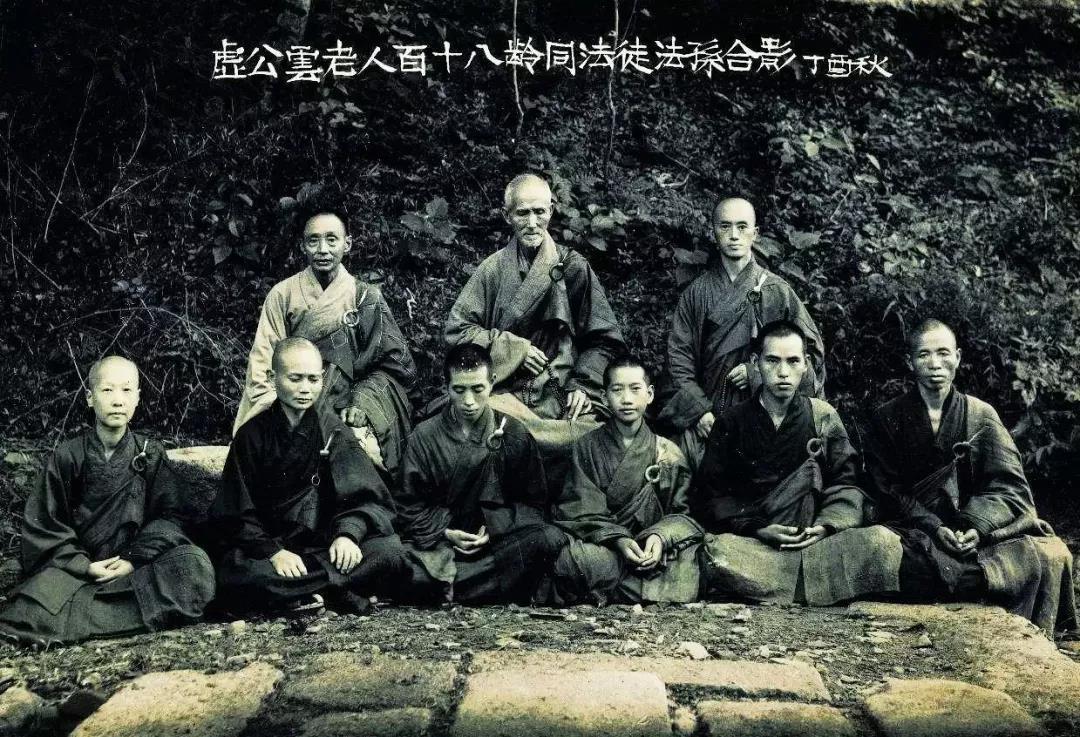
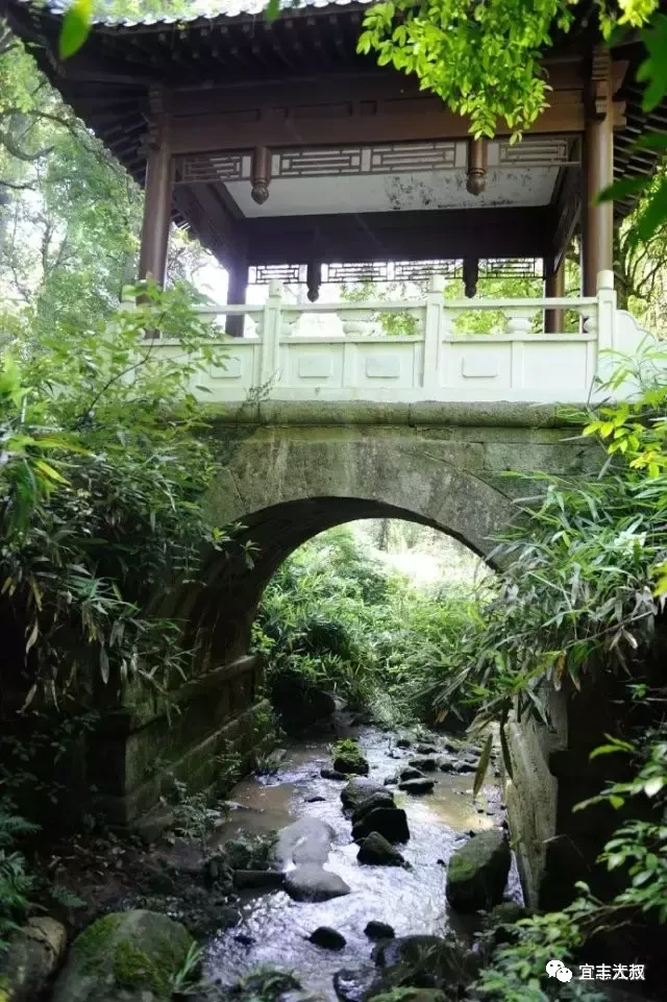
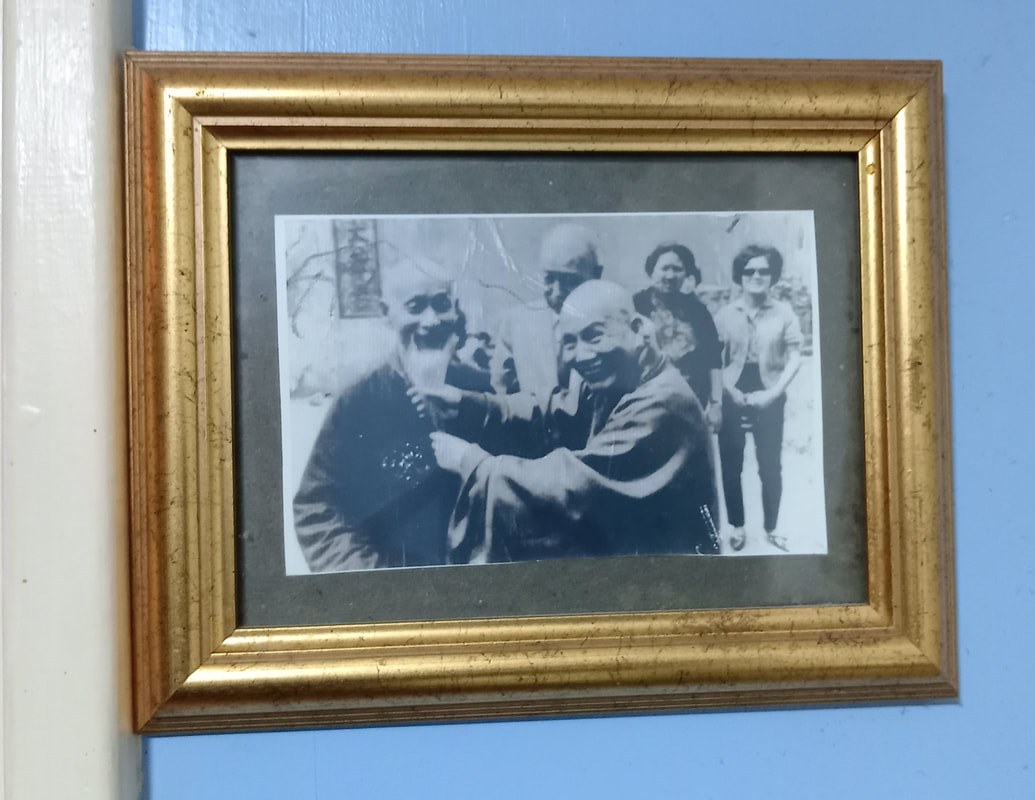
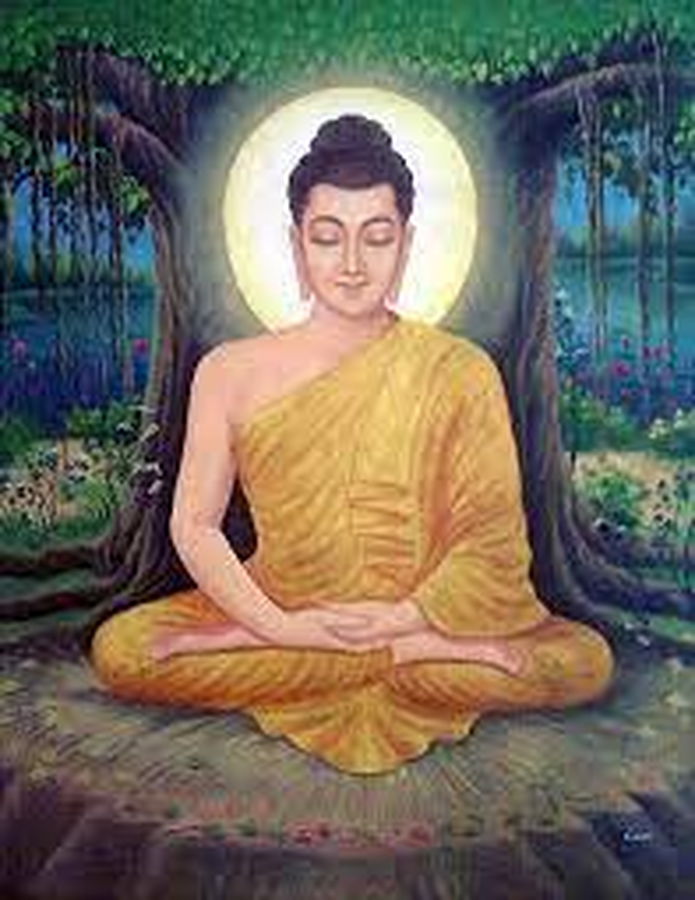
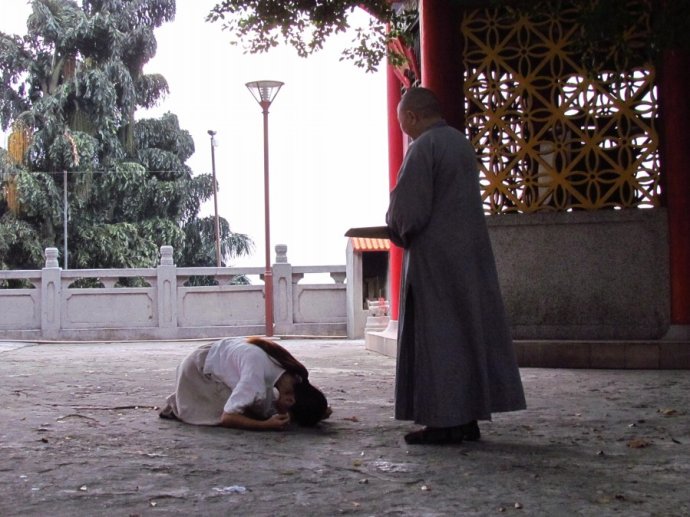
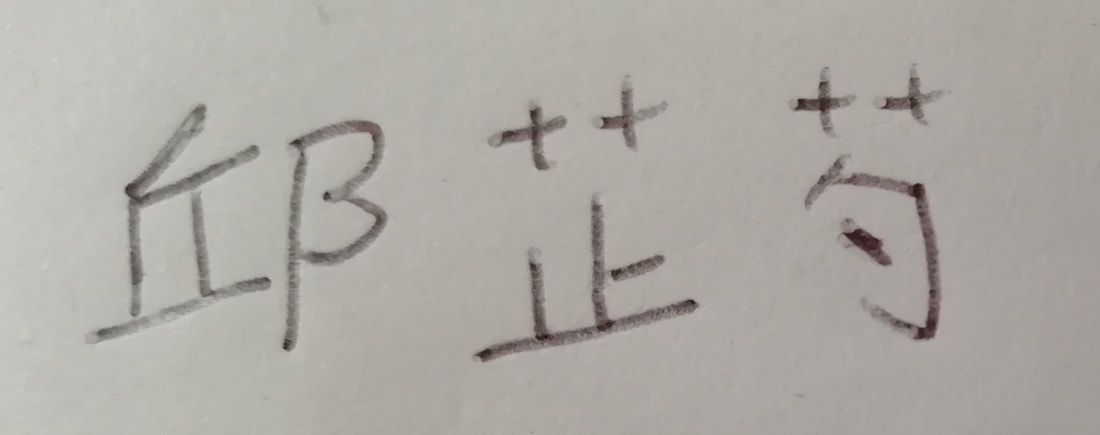
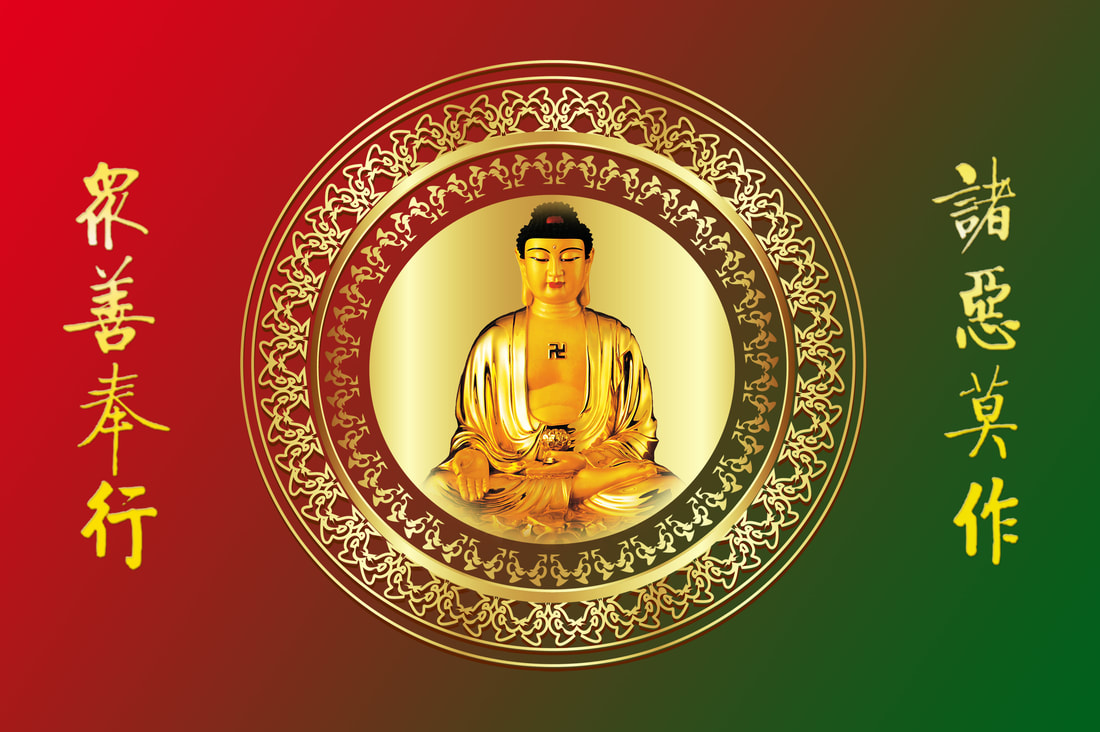
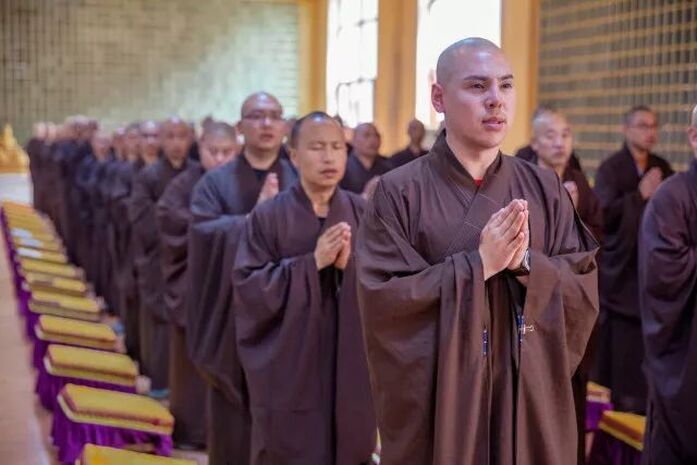
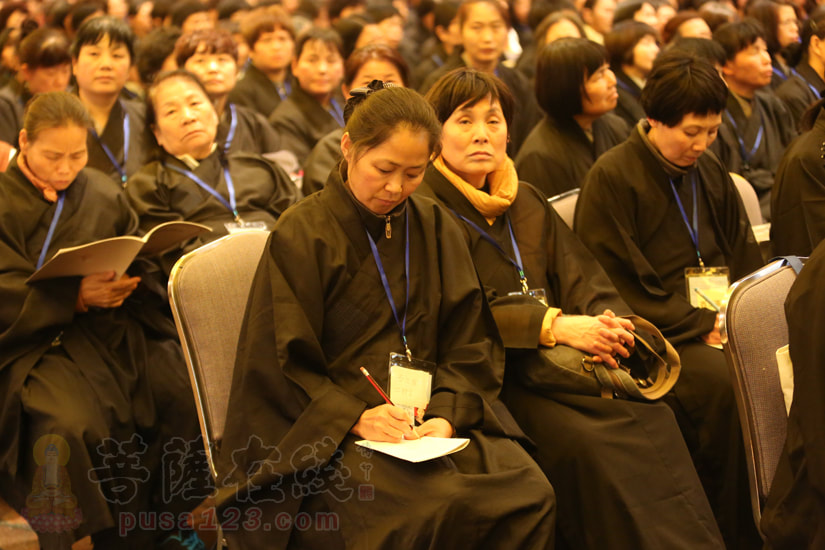
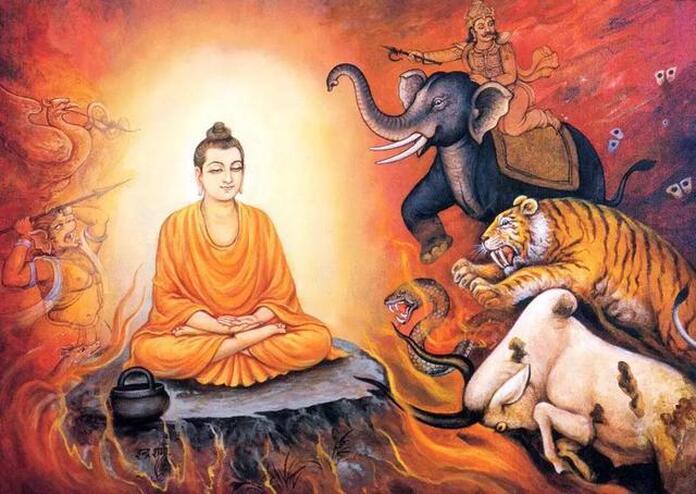
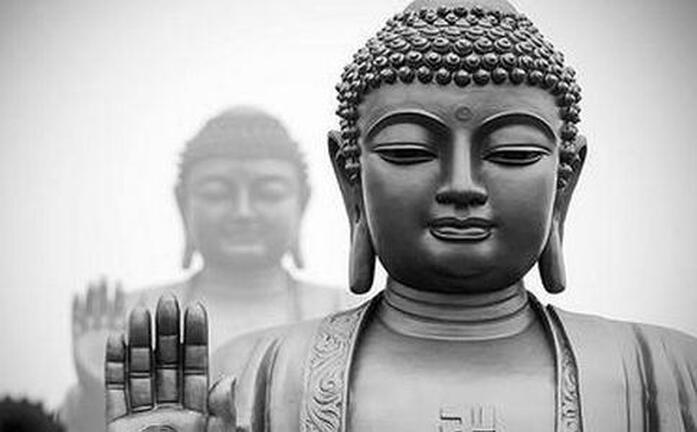
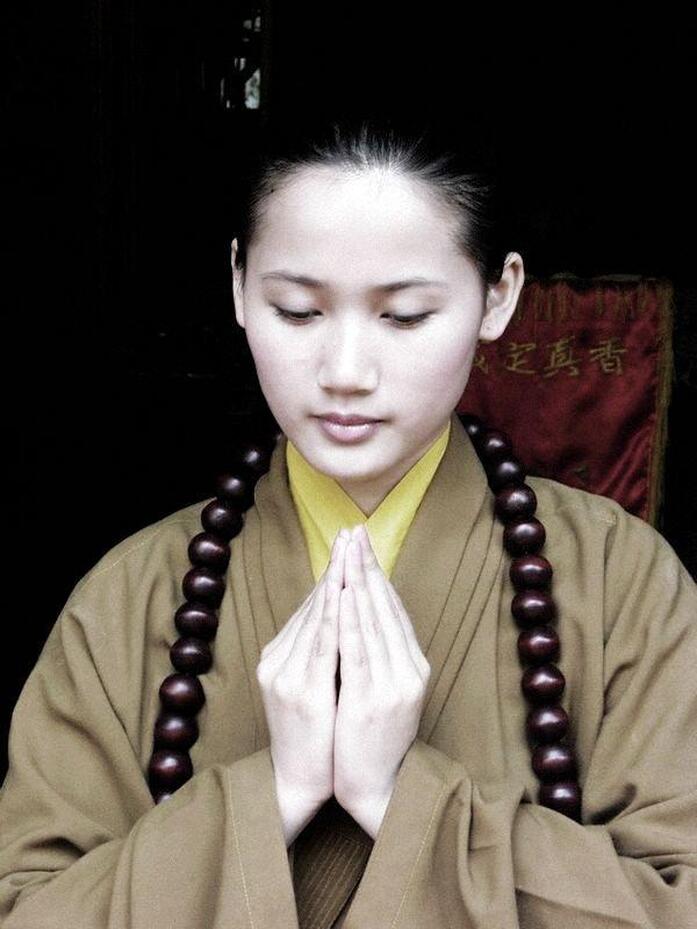


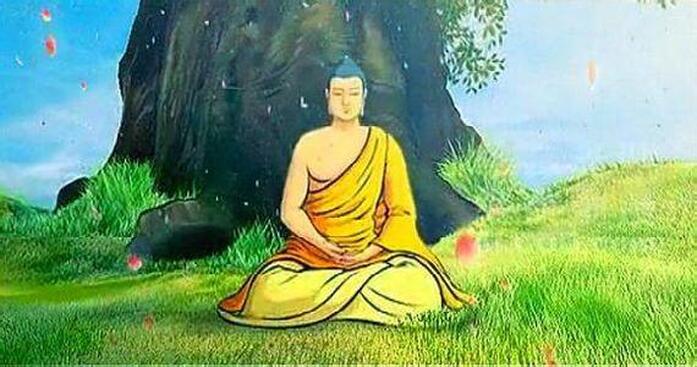
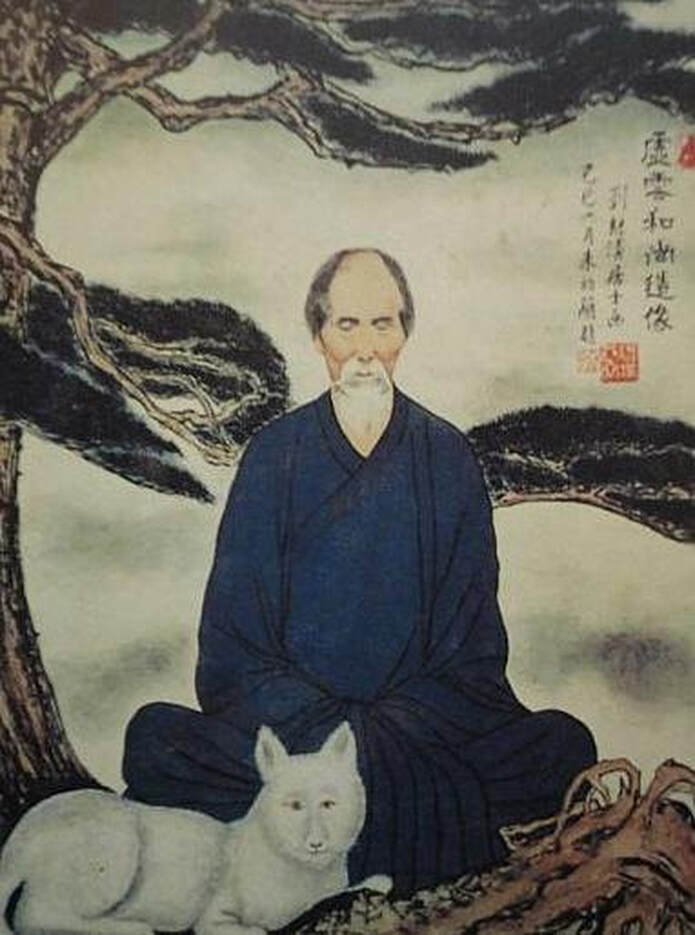
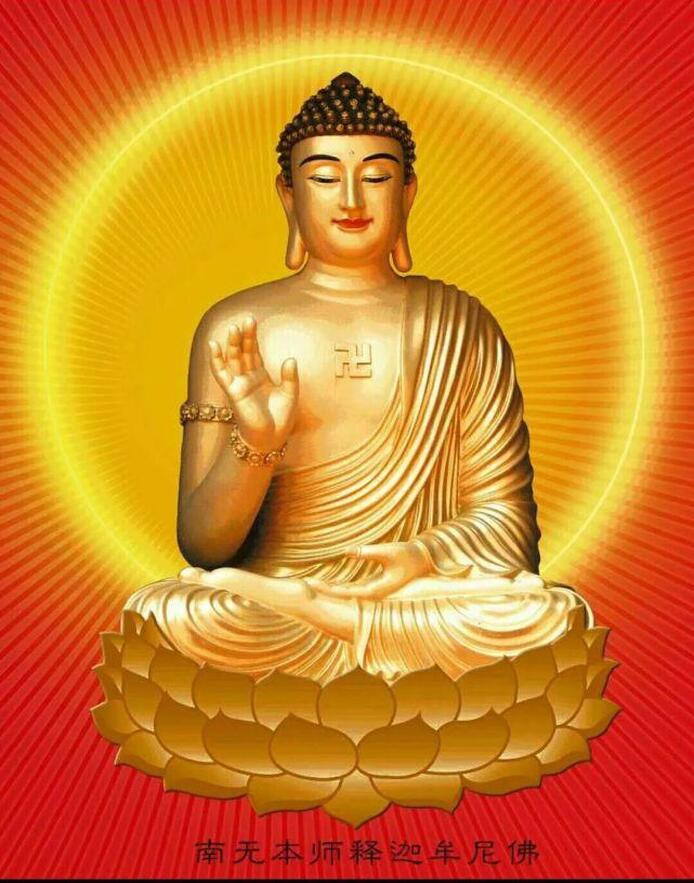
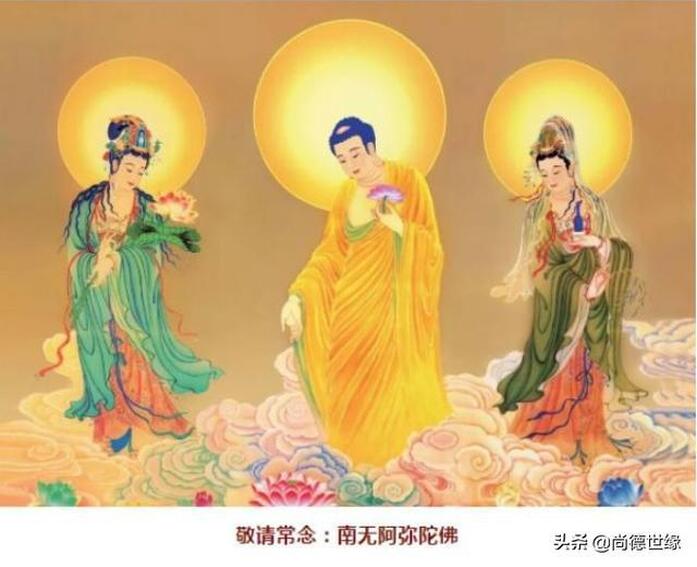
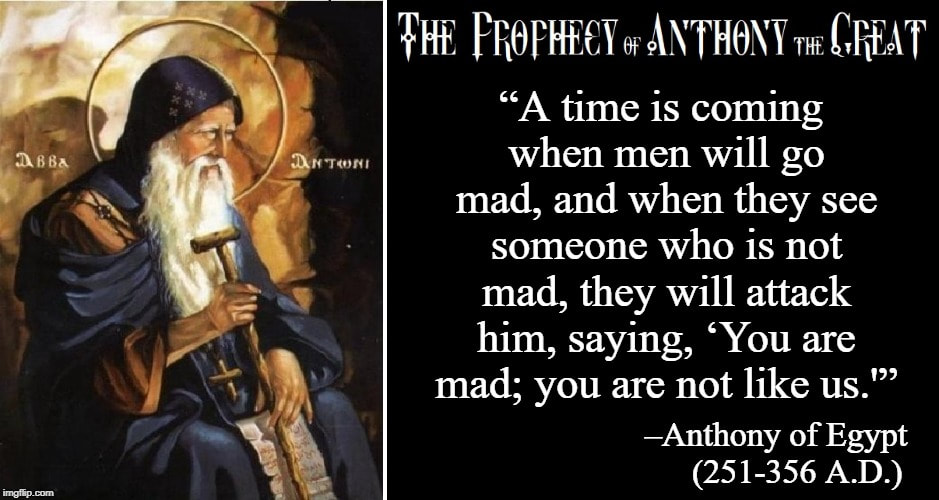
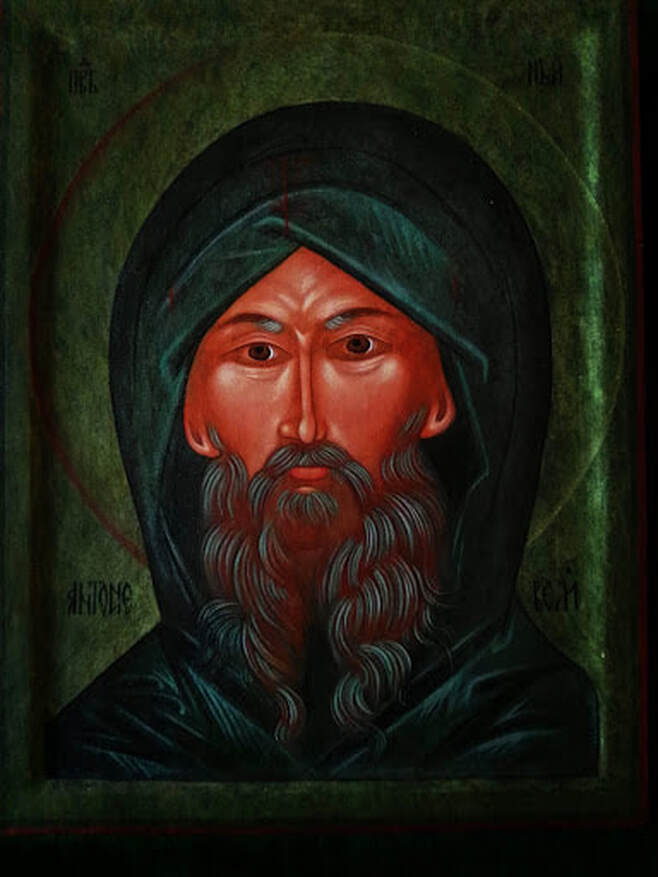
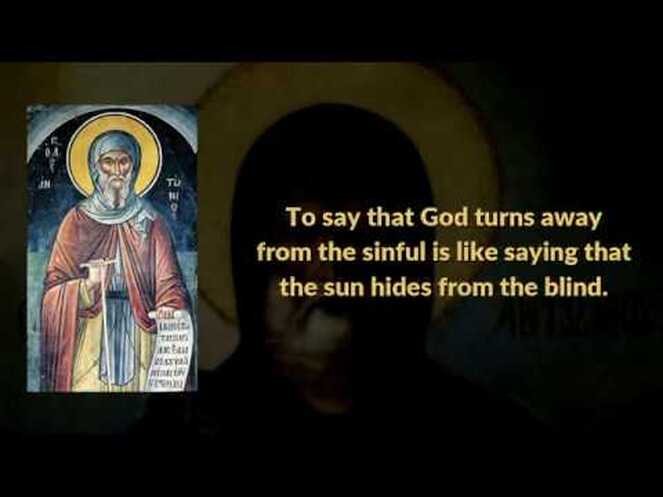


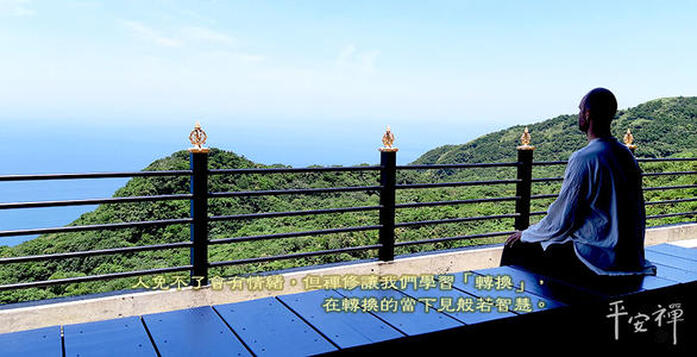
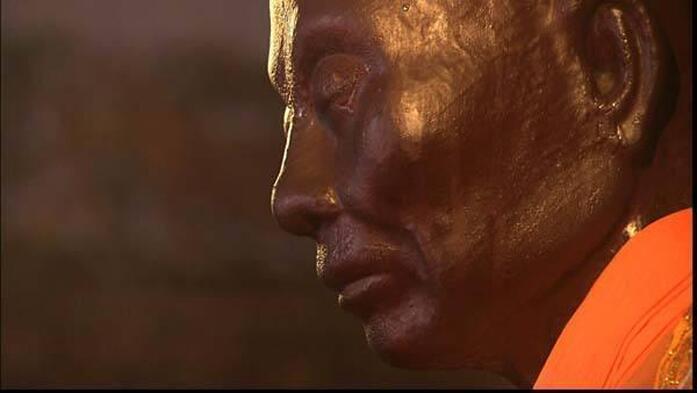
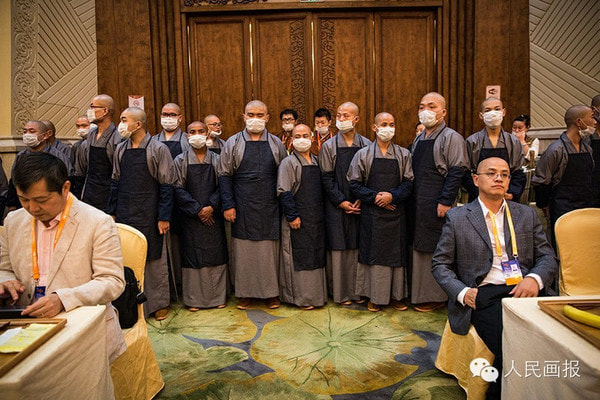
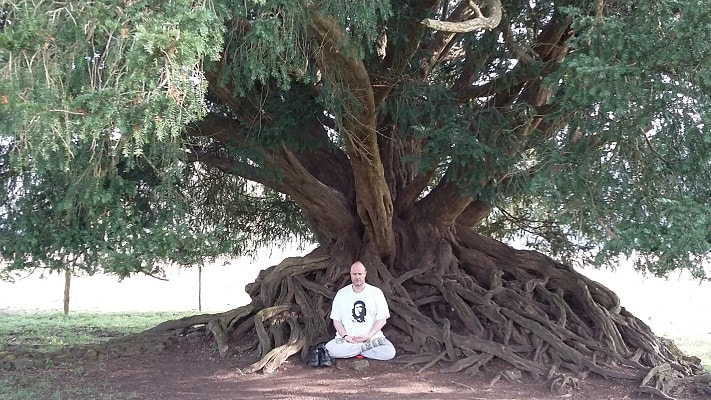
 RSS Feed
RSS Feed